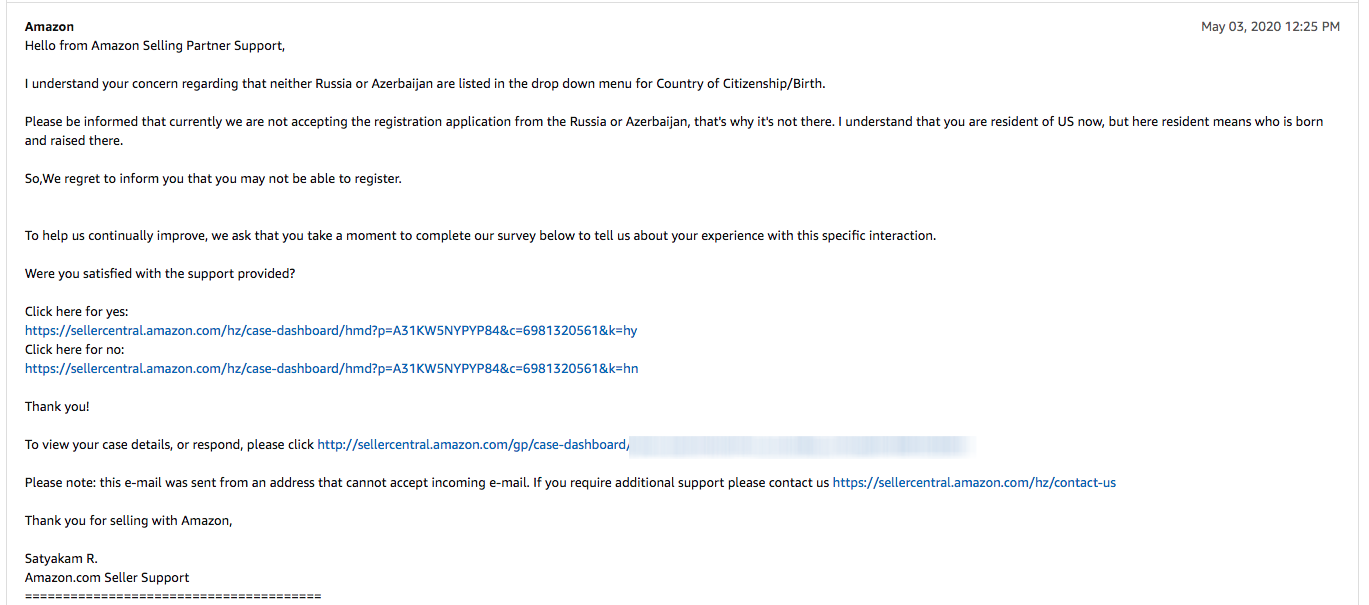The EEOC states that national original discrimination in employment is illegal, which is supported by 28 CFR Part 44 (discriminate means "the act of intentionally treating an individual differently from other individuals because of national origin or citizenship status, regardless of the explanation for the differential treatment, and regardless of whether such treatment is because of animus or hostility"). See also Title VII of the Civil Rights Act of 1964:
It shall be an unlawful employment practice for an employer -
(1) to fail or refuse to hire or to discharge any individual, or
otherwise to discriminate against any individual with respect to his
compensation, terms, conditions, or privileges of employment, because
of such individual's race, color, religion, sex, or national origin;
or
(2) to limit, segregate, or classify his employees or applicants for
employment in any way which would deprive or tend to deprive any
individual of employment opportunities or otherwise adversely affect
his status as an employee, because of such individual's race, color,
religion, sex, or national origin.
codified at 42 USC 2000e–2.
The internet widely advises that asking such questions is illegal. The EEOC has a more nuanced view of the matter as articulated here: they say
We recommend that you avoid asking applicants about personal
characteristics that are protected by law, such as race, color,
religion, sex, national origin or age. These types of questions may
discourage some individuals from applying, may be viewed suspiciously
by some applicants, and may be considered evidence of intent to
discriminate by the EEOC. If you do not have this information when you
decide who to hire, it may be easier for you to defend your business
against a hiring discrimination complaint.
Before reaching a conclusion, we should check what an employee is (42 USC § 2000e(f)), namely:
an individual employed by an employer, except that the term “employee”
shall not include any person elected to public office in any State or
political subdivision of any State by the qualified voters thereof, or
any person chosen by such officer to be on such officer’s personal
staff, or an appointee on the policy making level or an immediate
adviser with respect to the exercise of the constitutional or legal
powers of the office. The exemption set forth in the preceding
sentence shall not include employees subject to the civil service laws
of a State government, governmental agency or political subdivision.
With respect to employment in a foreign country, such term includes an
individual who is a citizen of the United States.
This just tells us that in writing the law, Congress left it somewhat open what an "employee" is.
An Amazon seller is, on the face of it, not an employee of Amazon, instead, a seller is an independent contractor. Of course that is a legal question that can't just be decided superficially, see for example California's AB5 (but even under that law, a seller is not an employee). As articulated by SSA
The common law control test is the basic test, using the common law
rules, for determining whether a relationship exists between the
worker and the person or firm that they work for. Under the common-law
test, the employer has the right to tell the employee what to do, how,
when, and where to do the job
If the Dept. of Labor or the IRS determine that you are (would be) an employee, then this is illegal discrimination, otherwise it is not. Since you are not paid a wage, the prospects for being deemed an employee are extremely dim. The EEOC gives this guidance on the distinction, with a very long list of examples which in general support the position that a vendor is an independent contractor and not an employee.

